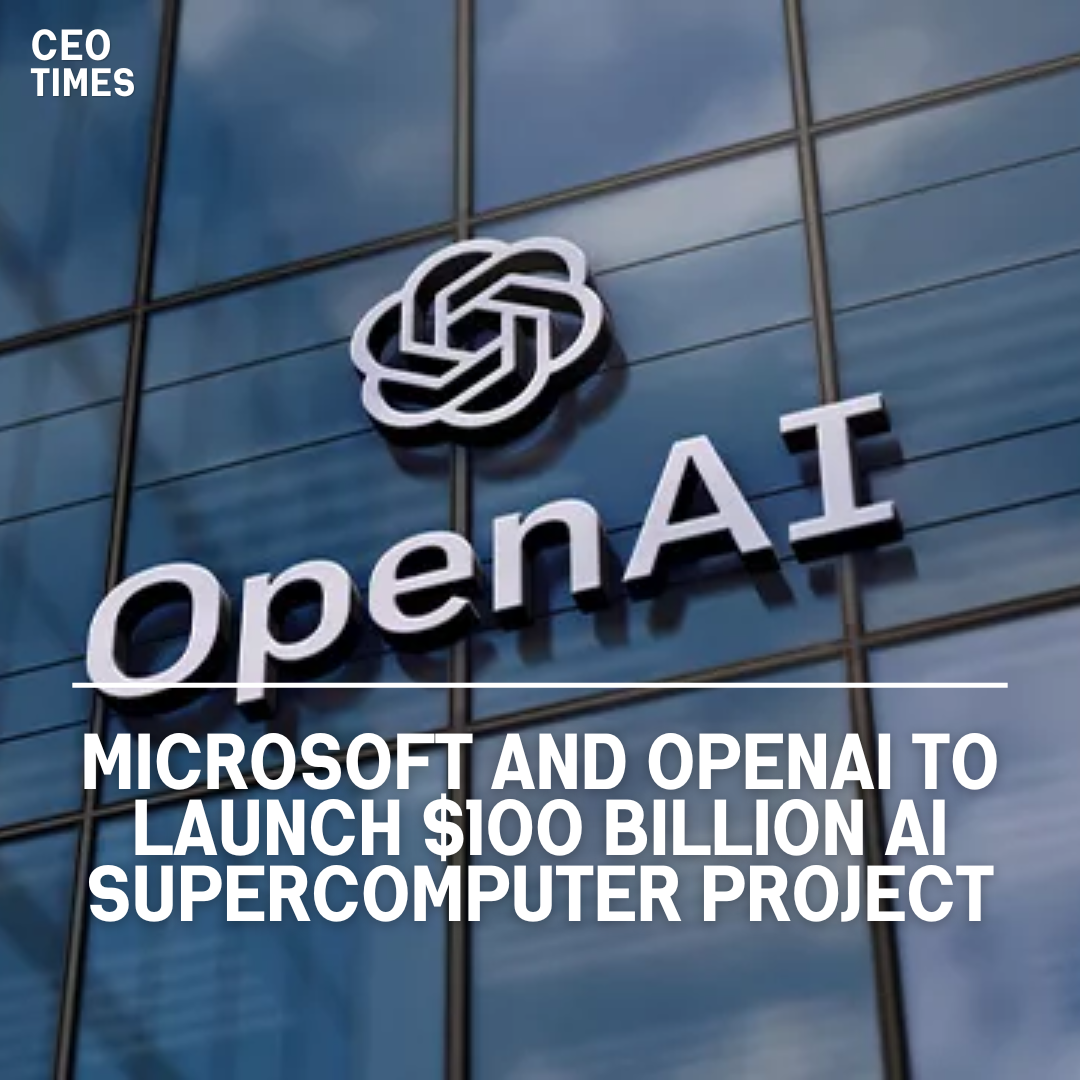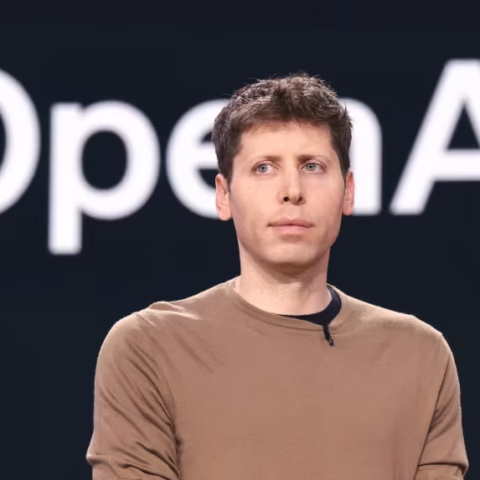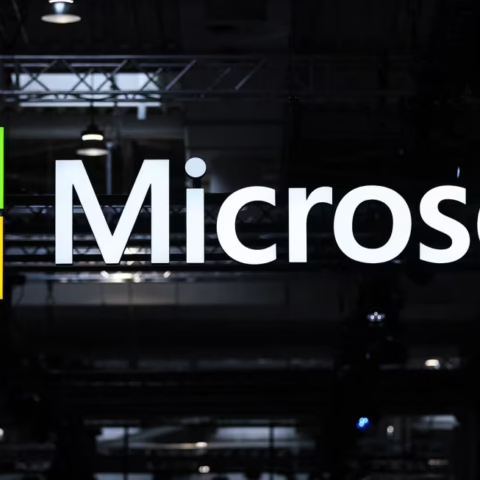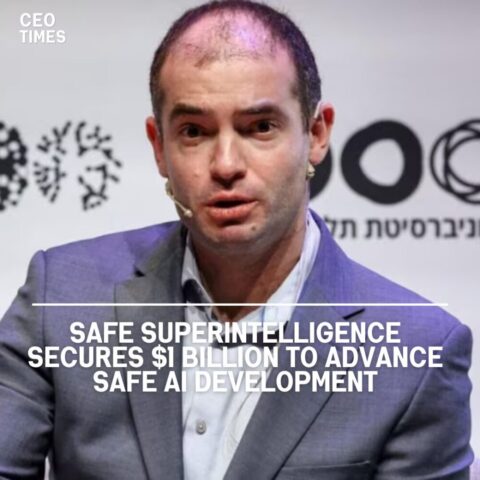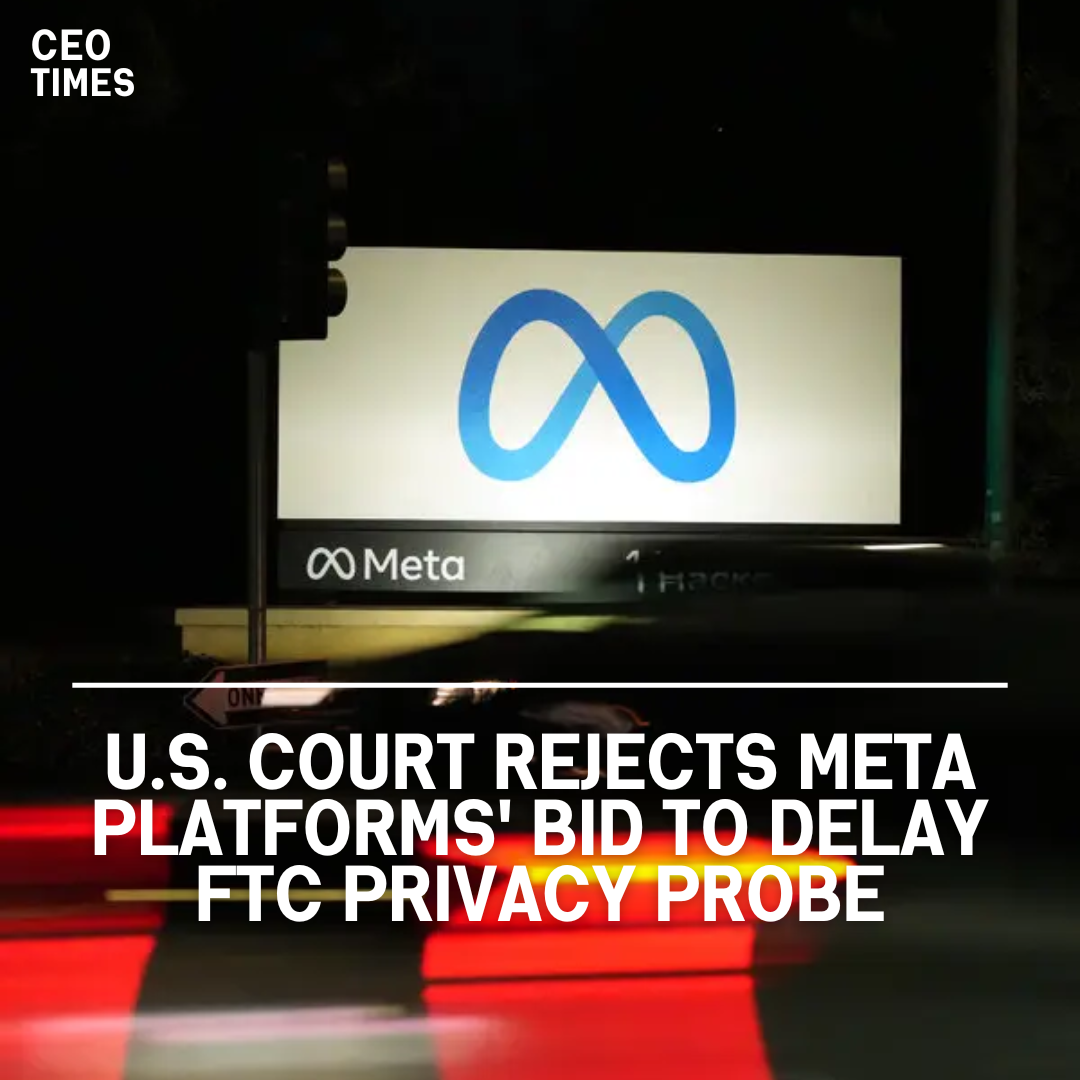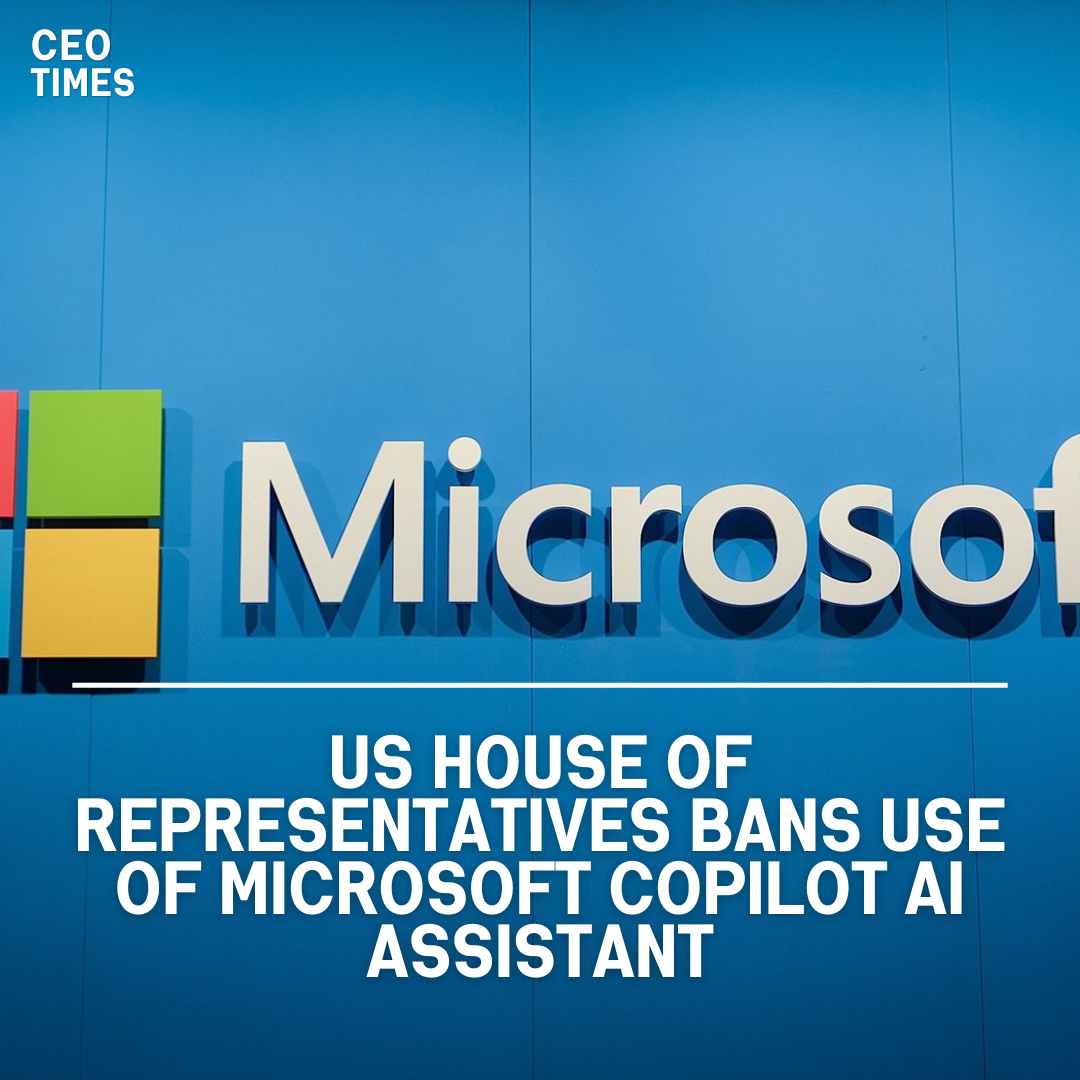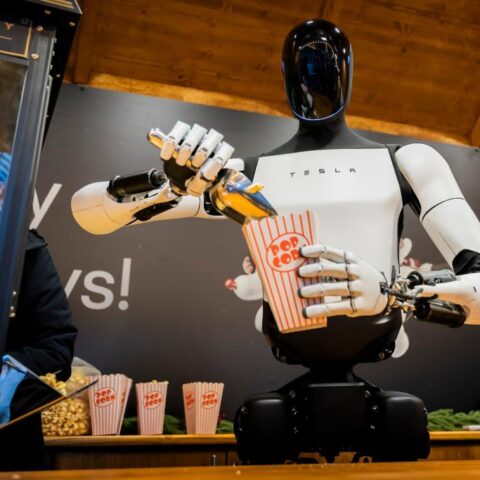Microsoft and OpenAI are reportedly collaborating on a monumental project to develop an AI supercomputer infrastructure, potentially costing up to $100 billion and aimed at advancing artificial intelligence capabilities.
Artificial Intelligence Supercomputer “Stargate:”
The project’s centerpiece is an artificial intelligence supercomputer named Stargate, scheduled to launch in 2028. This supercomputer aims to significantly surpass the capabilities of traditional data centers and accommodate the growing demands of generative AI technology.
The rapid adoption of generative AI technology has led to a surge in demand for specialized AI data centers capable of handling complex tasks beyond the capabilities of conventional data centers.
Microsoft’s Role and Financing:
Microsoft is expected to lead the project’s financing. The project is anticipated to be approximately 100 times more expensive than existing large-scale data centers. The company’s involvement underscores its commitment to advancing AI infrastructure.
The project encompasses multiple phases spread over six yearssix years, with “Stargate” as the fifth phase. Microsoft and OpenAI are in the third phase, with plans to launch a smaller fourth-phase supercomputer around 2026.
Cost Estimates and Financial Considerations:
Initial estimates suggest the project could cost up to $100 billion, with significant expenses allocated for acquiring AI chips from various suppliers. This expenditure far surpasses Microsoft’s previous capital spending on infrastructure.
One of the major challenges involves acquiring AI chips, which are often sold at high prices. The project aims to work with chips from multiple suppliers to mitigate supply chain risks and ensure compatibility with diverse AI workloads.
Expansion Beyond Existing Infrastructure:
The project represents a significant expansion beyond Microsoft’s infrastructure investments, signaling the company’s strategic focus on advancing AI capabilities and maintaining its competitive edge in technology.
Microsoft acknowledges the need for continuous innovation in infrastructure to push the boundaries of AI capabilities. While not directly commenting on the Stargate supercomputer launch, the company remains committed to driving advancements in AI technology.









